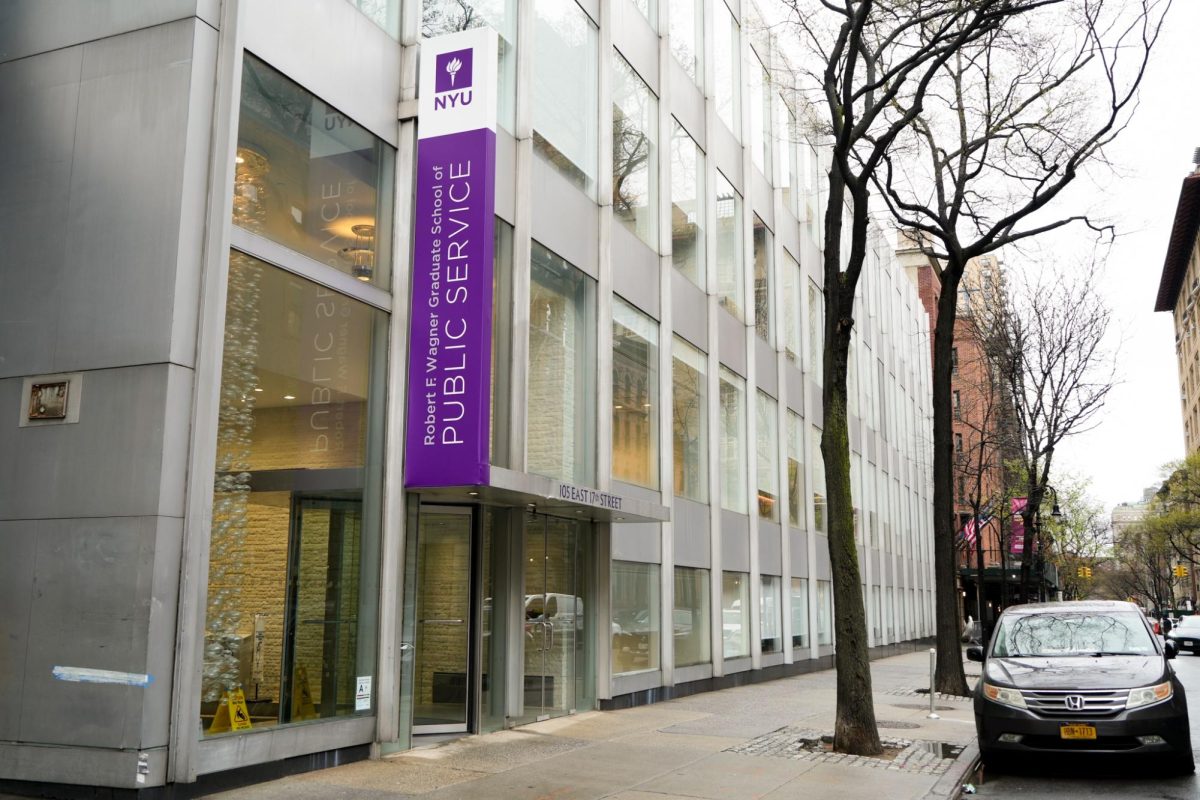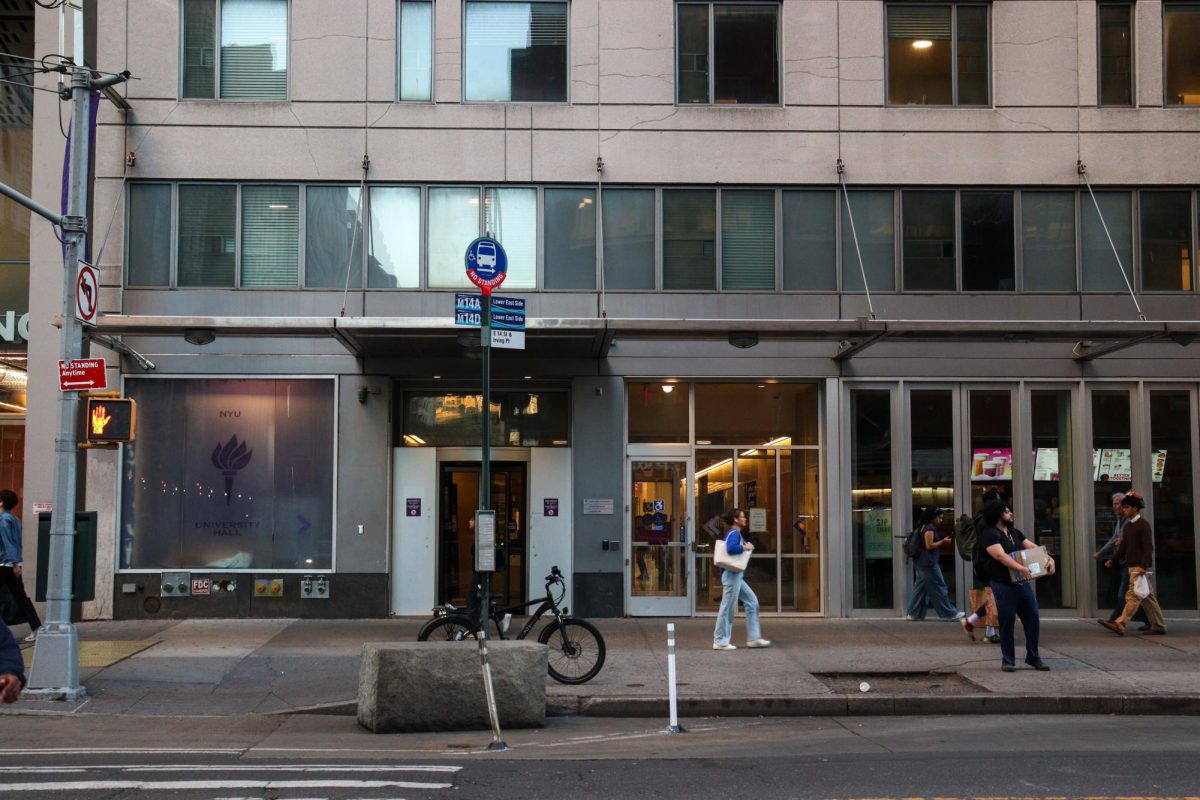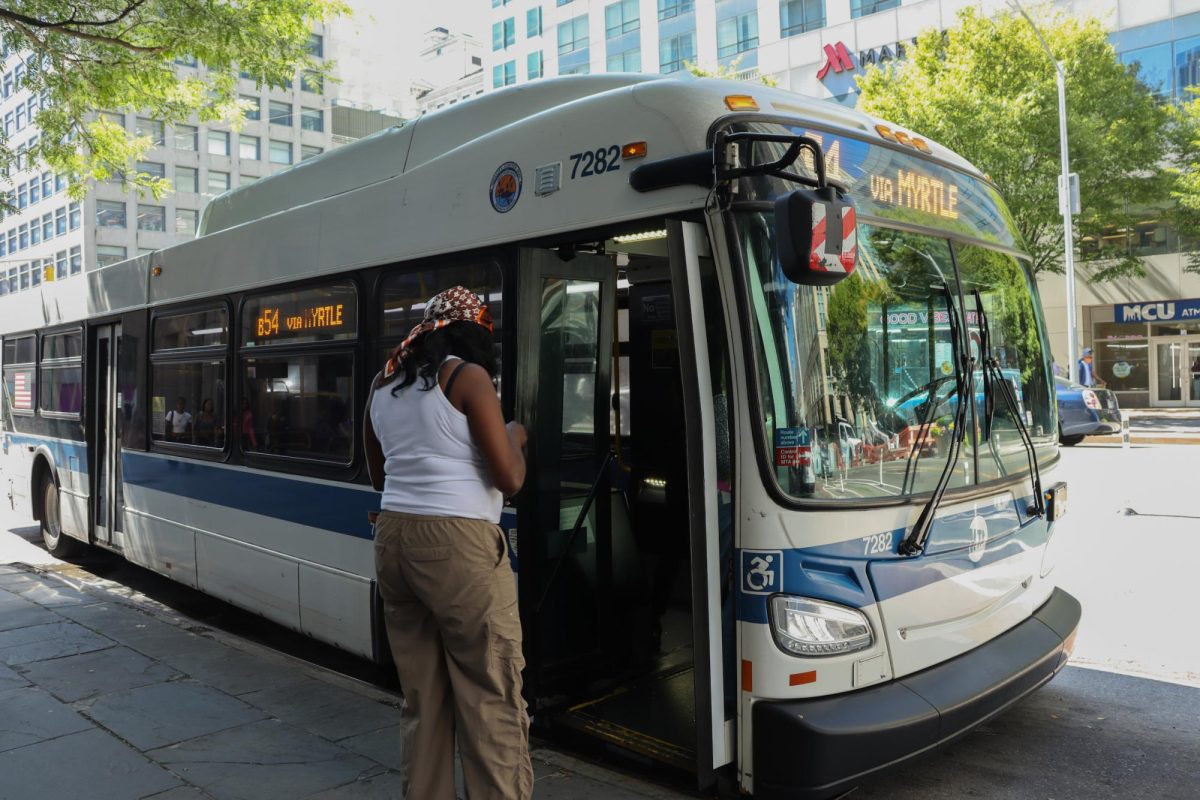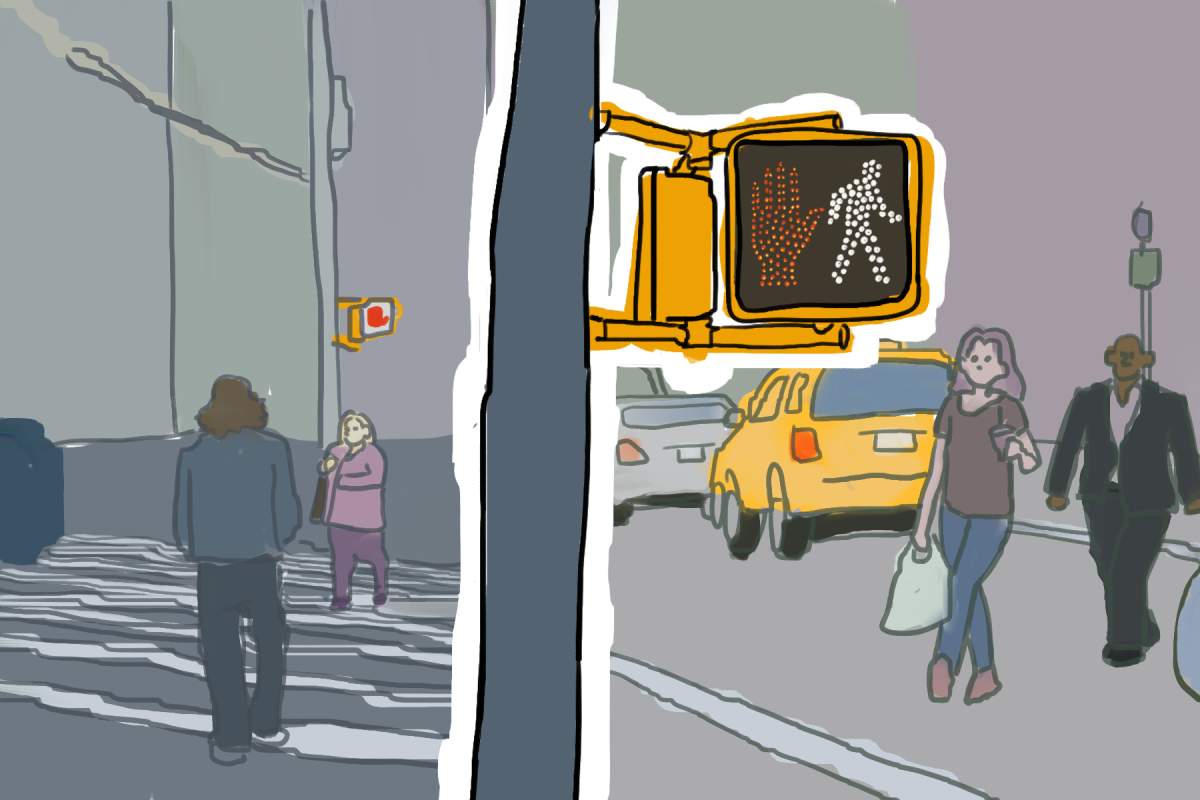Adulthood Begins at 24

January 31, 2018
The average age to get married, have children or become economically independent has been on the rise, leading specialists to suggest that adolescence does not truly end until the age of 24. The period of adolescence between puberty and adulthood has expanded as new studies show that the brain does not fully develop until around 25 years old. This means the brain of an 18-year-old may be significantly different than that of a 25-year-old and has deficiencies in rationalization, increased feelings of emotion and poorer decision-making skills. Raising the age of adolescence to 24 years old is imperative in providing these young adults a chance to succeed.
Neuroscience aside, social aspects also play a role in upping the age of adolescence. For example, when you think of adulthood, what do you imagine? No more school? Independence? Marriage? Well, it turns out that qualities commonly associated with the concept of being an adult tend to come later in life. One reason for this is that as the job market becomes more competitive, higher education becomes all the more essential. The number of people who obtained an education level of some college or more has increased. Additionally, student debt has reached a soaring new high. Therefore, more people are going to school for longer and coming out of it with crippling debt — a reality many NYU alum can relate to. With these statistics, economic independence seems nowhere close to attainable.
Housing prices have been increasing since 2010. Even though it’s unlikely college students are able to afford a house, these statistics still show the absolute ridiculousness of a 20-year-old buying a home, which is often seen as a key step towards independence. Moreover, it is unlikely for an in-debt college student without a home to get married and have kids. Prerequisites to parenthood include having your own place and being financially stable. Today, both of these are harder to achieve at a young age. Social policy should recognize that the traditional adulthood landmarks bestowed upon 20 year olds are now unattainable and reform as such.The age marking adulthood should be increased.
Due to the economic conditions mentioned above, increasing aid to cover young adults for a longer period of time is not only extremely beneficial but also necessary. Times are difficult for this age group. In most cases, higher education is vital if one wishes to lead a successful career, yet this staircase to success can quickly become a drop to despair due to the shackles of money. Student loans and high costs of living create an environment that is hostile towards independence, and, if we want this to change, we must first acknowledge that current adulthood caries from our past parameters of adulthood.
Opinions expressed on the editorial pages are not necessarily those of WSN, and our publication of opinions is not an endorsement of them.
Email Victor Porcelli at [email protected].



























































































































































